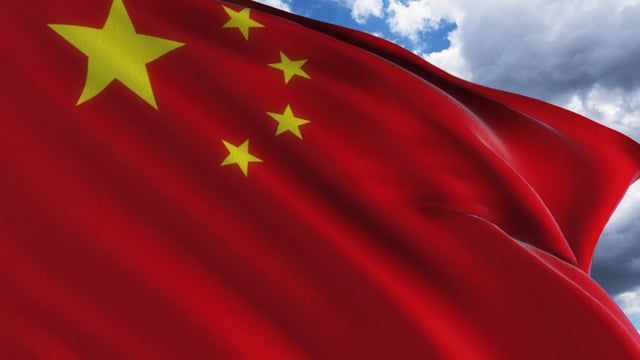China‘s agreements on economic competition total 63 with 35 economies, according to data from the World Trade Organization (WTO).
This shows that China has been active in signing cooperation agreements on competition issues.
Among the economies with which it has signed such agreements are the European Union, the United States and Russia.
On a global scale, economic competition is clearly an important dimension of competition among the major powers, especially in the Indo-Pacific region.
China’s agreements on economic competition
China is currently negotiating its accession to the Trans-Pacific Partnership Comprehensive and Progressive Agreement (CPTPP).
The CPTPP is a free trade agreement that includes Australia, Brunei, Canada, Chile, Japan, Malaysia, Mexico, New Zealand, Peru, Singapore and Vietnam. This agreement entered into force on December 30, 2018 for the first six countries that ratified it. Subsequently, it applied to the other members.
The treaty covers 30 chapters. Among them are traditional disciplines such as trade in goods, rules of origin, services and investment. It also includes innovative topics such as disciplines for state-owned enterprises, trade and labor, trade and environment, intellectual property, economic competition and e-commerce.
On the other hand, China is in the process of negotiating to join the Digital Economy Partnership Agreement (DEPA). This agreement contains specific provisions on competition.
Additionally, according to the WTO, China has made progress in negotiations with Israel, Norway, Honduras and Peru. These discussions seek to conclude or improve free trade agreements with competition-related chapters.
In 2021, the State Administration of Market Regulation (SAMR) signed important Memoranda of Understanding. These agreements were made with the Competition and Consumer Commission of Singapore and with the Eurasian Economic Union.
BRICS
SAMR is responsible for developing standards, monitoring compliance and regulating the market. Its functions include ensuring product quality, food safety, metrology, certification, accreditation and applicable standards.
In 2023, SAMR signed a new Memorandum of Understanding with the Kazakhstan Agency for Protection and Promotion of Competition. This agreement strengthens cooperation on competition-related issues.
On the other hand, the competition authorities of the BRICS countries reached important agreements. In 2021, they signed the Chengdu Joint Declaration. Subsequently, in 2023, they approved the Delhi Joint Declaration, consolidating their collaboration in this area.

